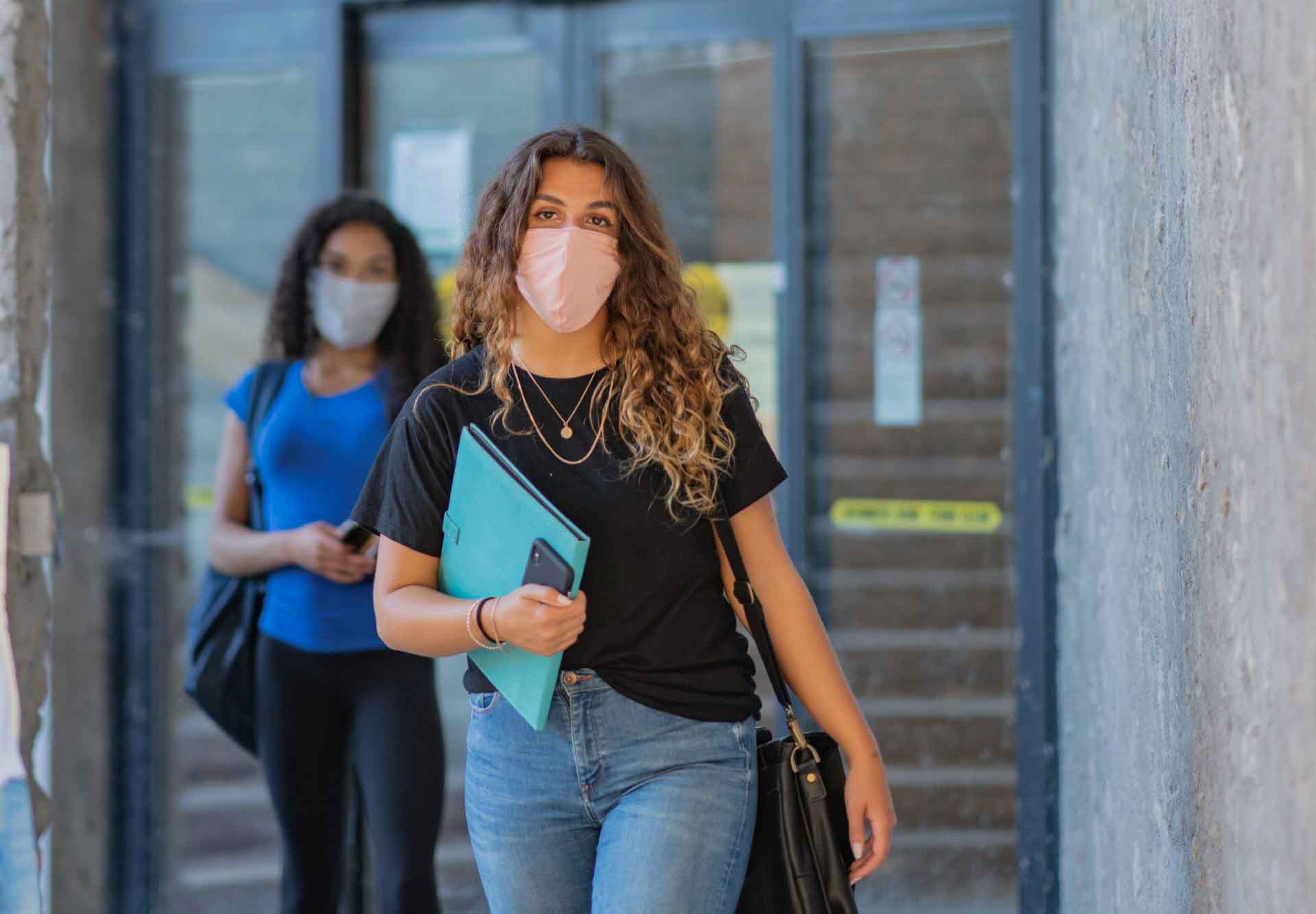This fall, students all throughout the United States will return to university, and a modeling research has determined that the single most important determinant in campus safety will be the percentage of students who have been vaccinated against the COVID-19 virus. In this article, learn more about why a high vaccination rate on school campuses can help things to get back to normal.
Yale School of Public Health researchers suggest schools with immunization rates above 90% may be able to resume business as usual with little in the way of additional precautions (such as physical distancing, masking, or testing).
Taking a Look Inside the Research

For a hypothetical community of 5,000 students, faculty, and staff who all live and work in close proximity on campus, the researchers constructed a model utilizing a modified “susceptible-exposed-infected-recovered” (SIER) framework. The model considered all relevant variables, such as the natural history of COVID-19 disease and the reliability of testing, that face college administrators.
According to research published in the Annals of Internal Medicine, resuming campus activities is safe if the immunization rate at a college is at least 90%, maintaining the number of COVID-19 cases below 5% of the population, and doing so without routine testing of asymptomatic people.

In contrast, if just 50% of the population is vaccinated, case rates must be kept below 5% using a combination of less frequent testing and additional measures (such as masking and physical separation).
College administrators are putting students and employees in danger of infection if they do not implement widespread vaccine coverage or periodic asymptomatic testing, masking, and distancing.
Designing a Productive Classroom Setting

Every university ought to make improving their immunization rate their top priority. Colleges can best fulfill their duty to provide a secure and healthy learning environment by instituting mandatory vaccination requirements.
The CDC has issued recommendations for limiting the spread of COVID-19 on university campuses, with vaccination being the first line of defense. In the event that vaccination is not mandated, the guidelines outline how institutes of higher education (IHEs) might make use of university and community resources to promote all preventative measures.

It is extremely crucial to maintain a clean and healthy atmosphere by routinely cleaning building surfaces and ventilation, encouraging the use of face masks indoors, and encouraging social distancing and hand washing.
In the year 2016, the immunization rate at RIT (96% in New York) was: (as of September 9). We’re working to increase that figure.

RIT publishes periodic internal messages, taking care to clarify any changes to urge students, professors, and staff to adhere to university COVID-19 standards. Students who violate these policies may be sent to the student conduct process, where they could face disciplinary action up to and including expulsion.
An Ongoing Health Emergency
The safety of the campus community and the people they contact outside of campus is of paramount importance. As opposed to a collection of separate health problems, we now face a public health emergency. Universities and their students have a unique obligation to work together for the benefit of society as a whole because of their size and prominence. Vaccinate yourself; that’s the takeaway.

Campus and community-wide infection rates must be kept low, which necessitates health promotion programs to keep students and teachers informed on policy, as well as simple access to the COVID-19 vaccination. However, mandatory vaccination is the best protection for our children, their educators, and the community.
The Implications of This Finding For You

You may help protect yourself and the most vulnerable community members (on and off campus) from contracting a deadly illness caused by COVID-19 by being vaccinated before returning to college.
The college may require frequent asymptomatic testing, masking, and physical distance from non-vaccinated students as part of its safety standards. Students who break these regulations may be subject to severe disciplinary action.
Meaningful articles you might like: How To Communicate With Your Children About The Covid-19 Vaccine, Your Family And The Covid-19 Vaccine, Scholars Discuss Pros And Cons of School Mask Mandates

